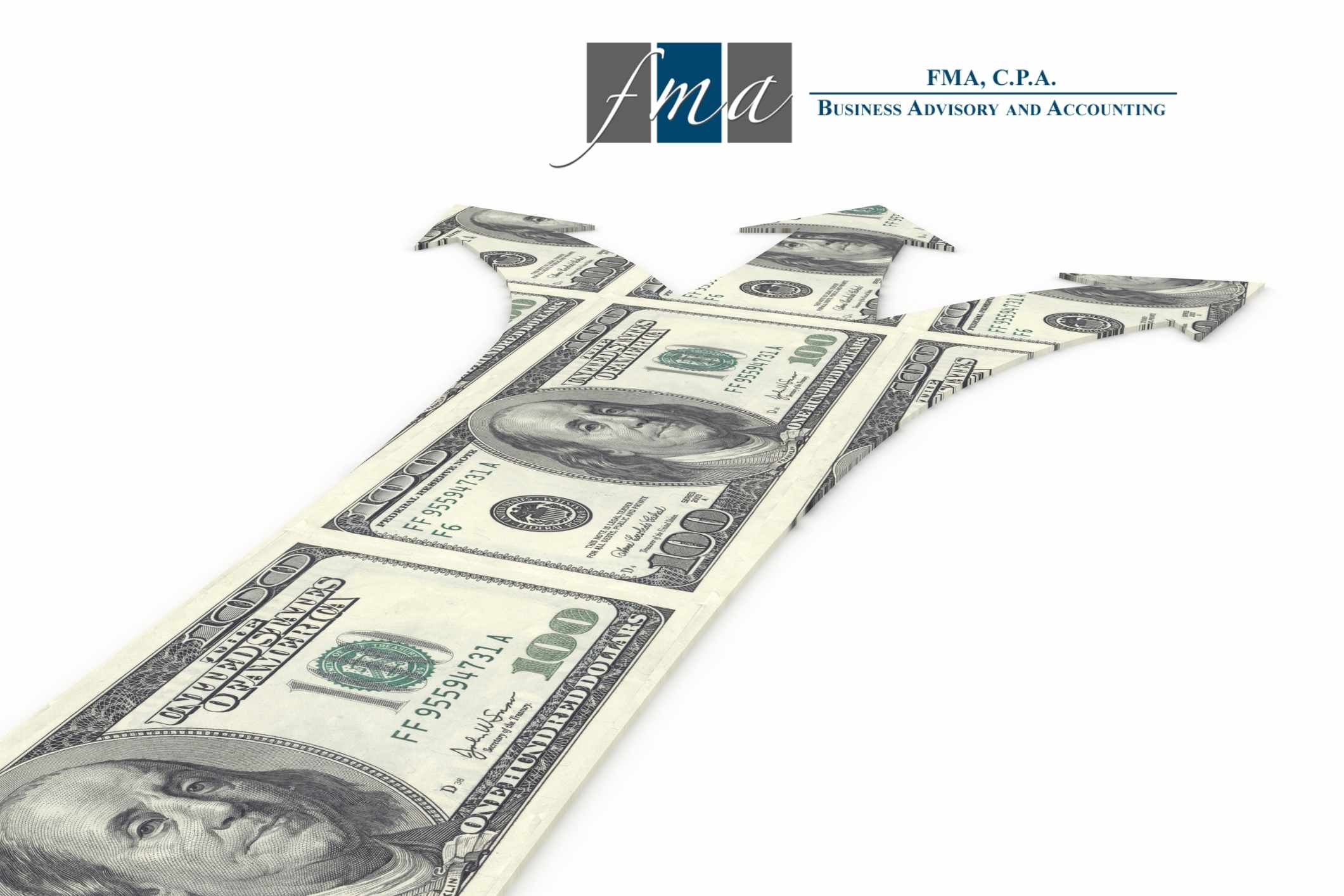
Cash flow is the lifeblood of any business. Your business needs to generate and maintain enough cash from its operations to meet expenses and grow your business. The difference between the companies that succeed and those that don't thrive often comes down to their cash management strategies.
Your cash flow determines the actual financial health of your business, more so for small businesses. When your cash flow is limited, you might have to pass on profitable ventures or be completely unable to operate at adequate levels. To avoid these issues, your company needs a cash budget to manage cash inflows and outflows.
Here's how a tax planning service can assist you to manage your cash flows and help your business.
Looking to improve your business’s cash flow? Creating a cash flow budget should be your starting point. A cash flow budget provides an overview of cash inflows and outflows for your business during a specific period.
Cash flow is the difference in the cash balance from month to month. A cash budget provides critical information as to whether your company has adequate funds to sustain its daily operations over a given time frame, whether monthly, quarterly, or annually.
It’s a critical tool that can help your business meet its everyday needs without taking on any debt.
Cash inflows include cash from sales, sales of assets, ad accounts receivable collections. Cash outflows include expenditures such as disbursements for debt repayment, taxes, manufacturing costs and purchases.
The net cash flow is the difference between these inflows and outflows and represents the amount of money generated or lost by the business.
Cash budgets can either be short term or long term. Short-term cash budgets focus on the cash needed over a few weeks or months. To create a short-term cash budget, you'll need to consider items such as payroll, utility bills, variable expenses, supplier payments and other operating expenses.
On the other hand, long-term cash budgets focus on projected cash flow requirements for the next year to several years. They include information on quarterly and annual tax payments, long-term investments and capital expenditure projects. Long-term cash flow budgeting requires strategic planning, and it's advisable to involve a professional business advisory firm in the process.
It’s also prudent to keep a target cash balance on hand for any cash emergencies that may arise.
As a small business owner, you have to be proactive when it comes to tax planning. A larger than expected tax bill could thwart your cash flow management strategy. That’s why cash flow forecasting, budgeting and management are essential for your business.
A proactive tax plan can improve your cash flow and improve your firm's position. Such financial planning strategies help you determine your short- and long-term business goals and create a balanced plan to meet those goals.
One of the best business tools you can have is a real time cash flow budget. A professional tax planning firm can help you understand when cash is available, prepare for taxes, set financial goals and measure how you’re performing.
Here are three tax planning steps that can help you manage healthy cash flow.
Many entrepreneurs tend to slip up on some types of taxes. This is understandable. The tax code can be taxing, and the statutes are constantly changing. It’s a lot to keep up with.
Working with a professional accounting and tax planning firm can help you understand your tax obligations, including local, state and federal taxes.
Not planning for taxes can cause a cash flow challenge when taxes are due. The money required to pay taxes might not all be available when it comes to tax season. A tax professional can help you stay on track by helping you determine how much money you can set aside without compromising your day-to-day operations.
For instance, you can dedicate a digital savings account to your taxes and earn interest on those funds.
Tax forecasting can help with creating a long-term cash budget to make sure estimated taxes are still in line with projected cash inflows. Because, even when you're meticulously setting cash aside for taxes and emergencies, you might end up owing the IRS more than initially planned, which can possibly impact your cash flows and business operations.
By letting an experienced professional help, you with tax planning and accounting, you can free up time to do what you’re best at – running your business.
At BAAP CPA, we advise our clients on issues touching on a range of planning and preparation best practices. Our expertise and experience enable us to optimize financial opportunities for your firm, allowing you to minimize your tax liabilities while also maximizing cash flow.
Our tax planning services in Clearwater are available for all firms, from start-ups to established enterprises. With accurate cash flow forecasts, we can keep you on track to achieve your short term and long-term financial goals.
Contact us today and let us help you achieve your business goals in an ever-changing financial and tax regulatory environment.